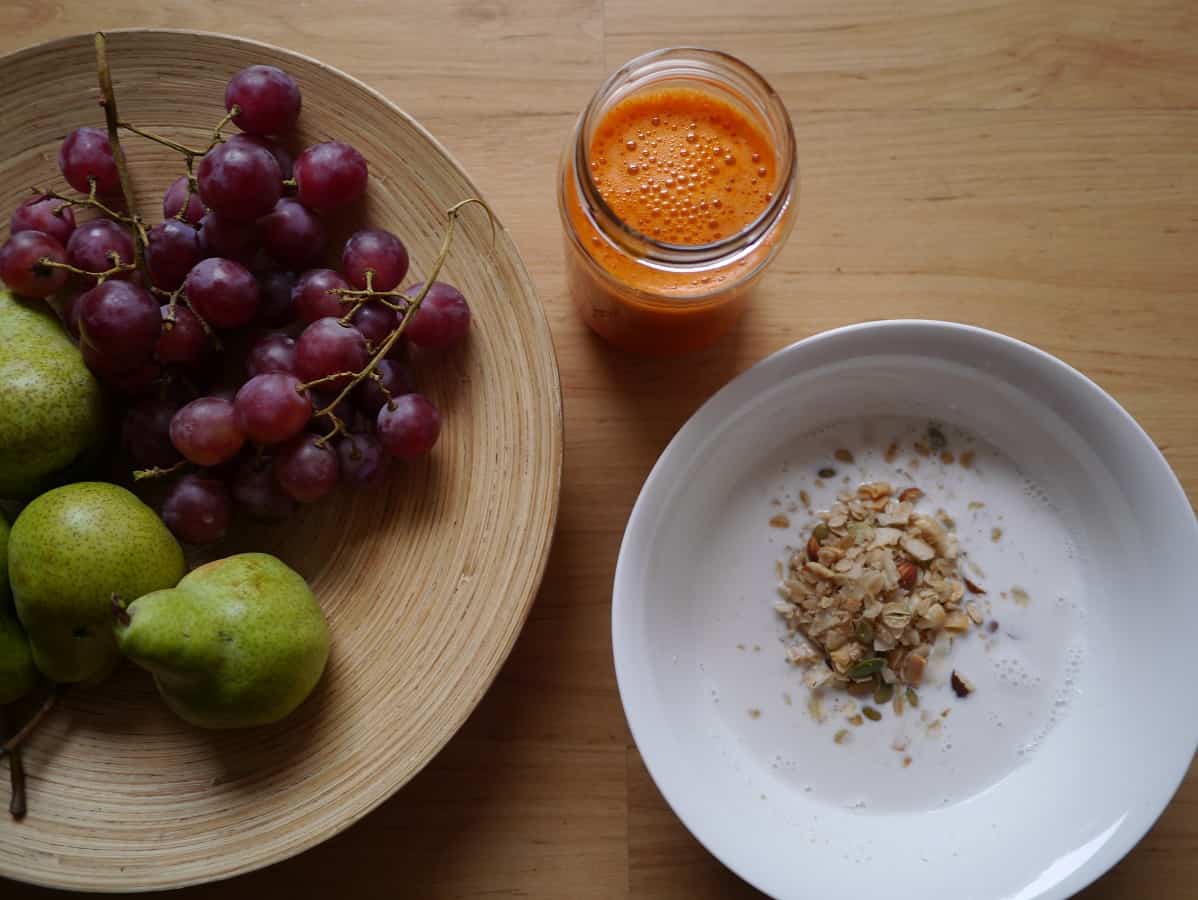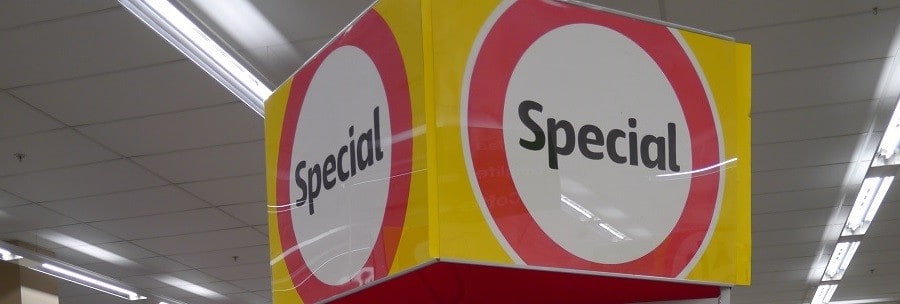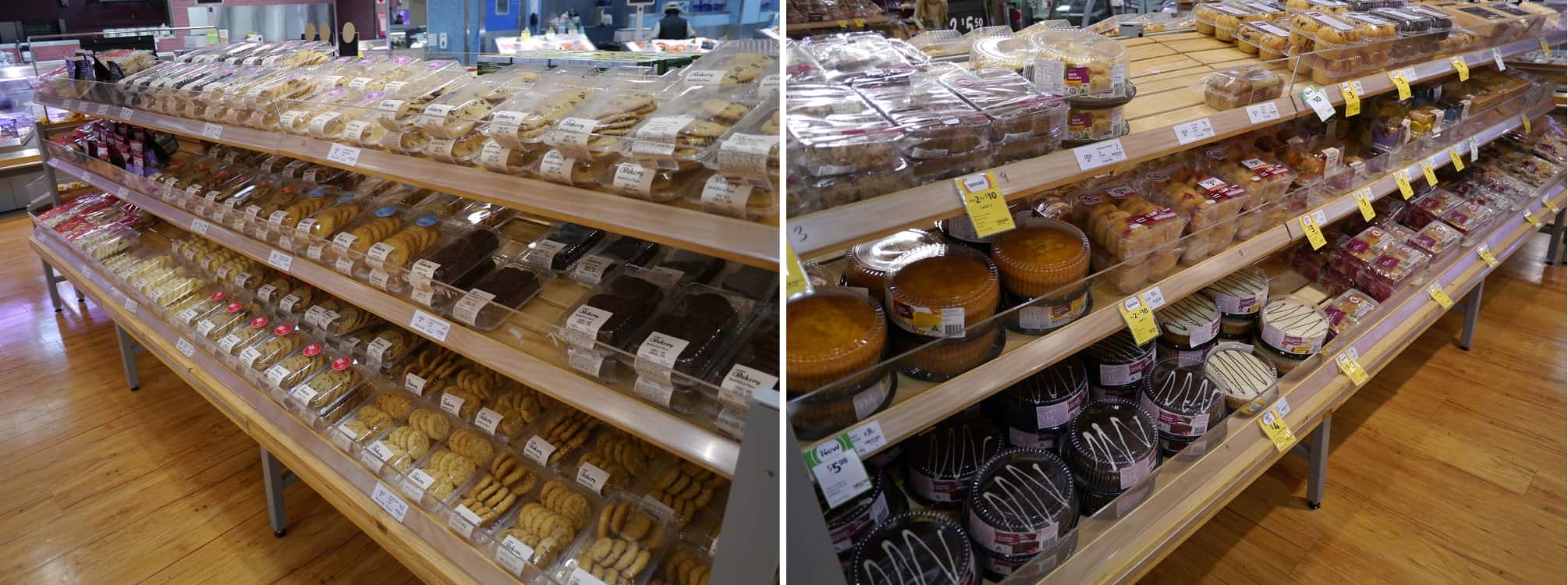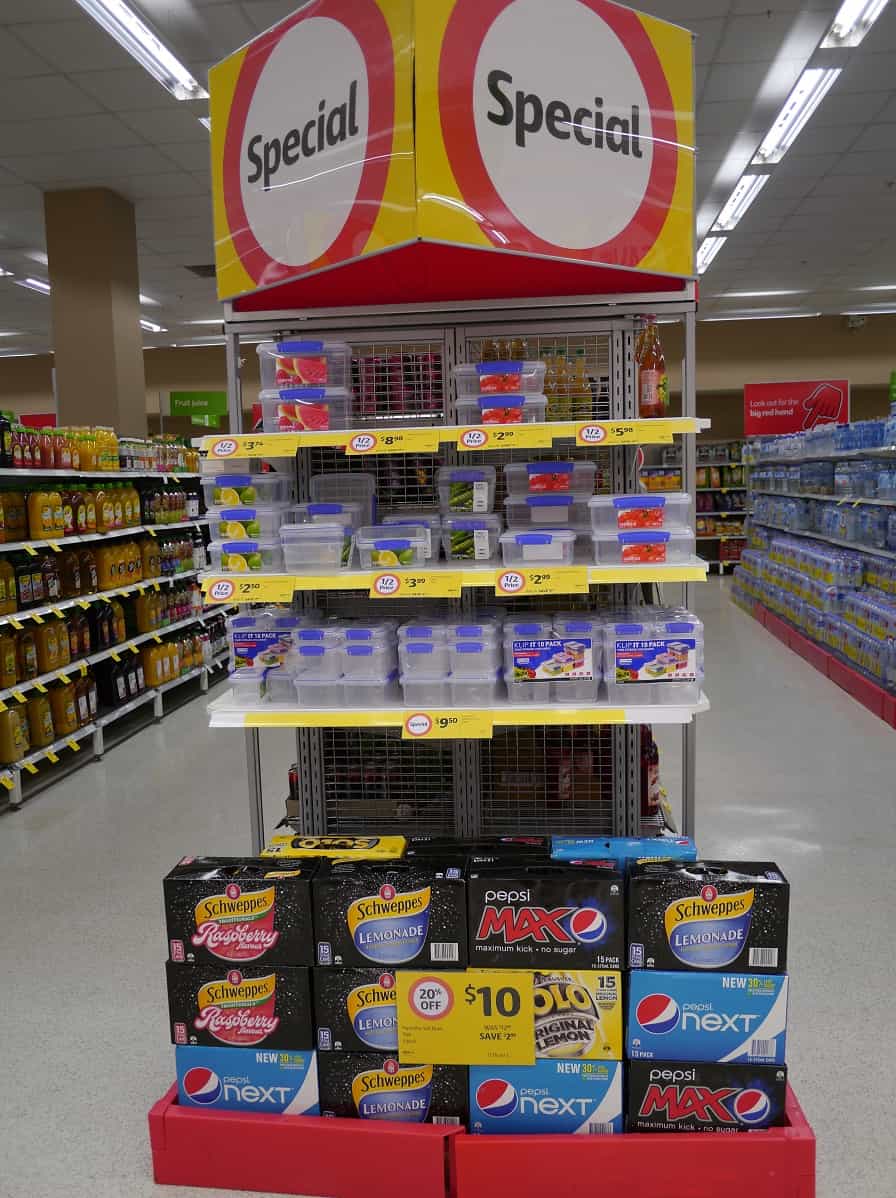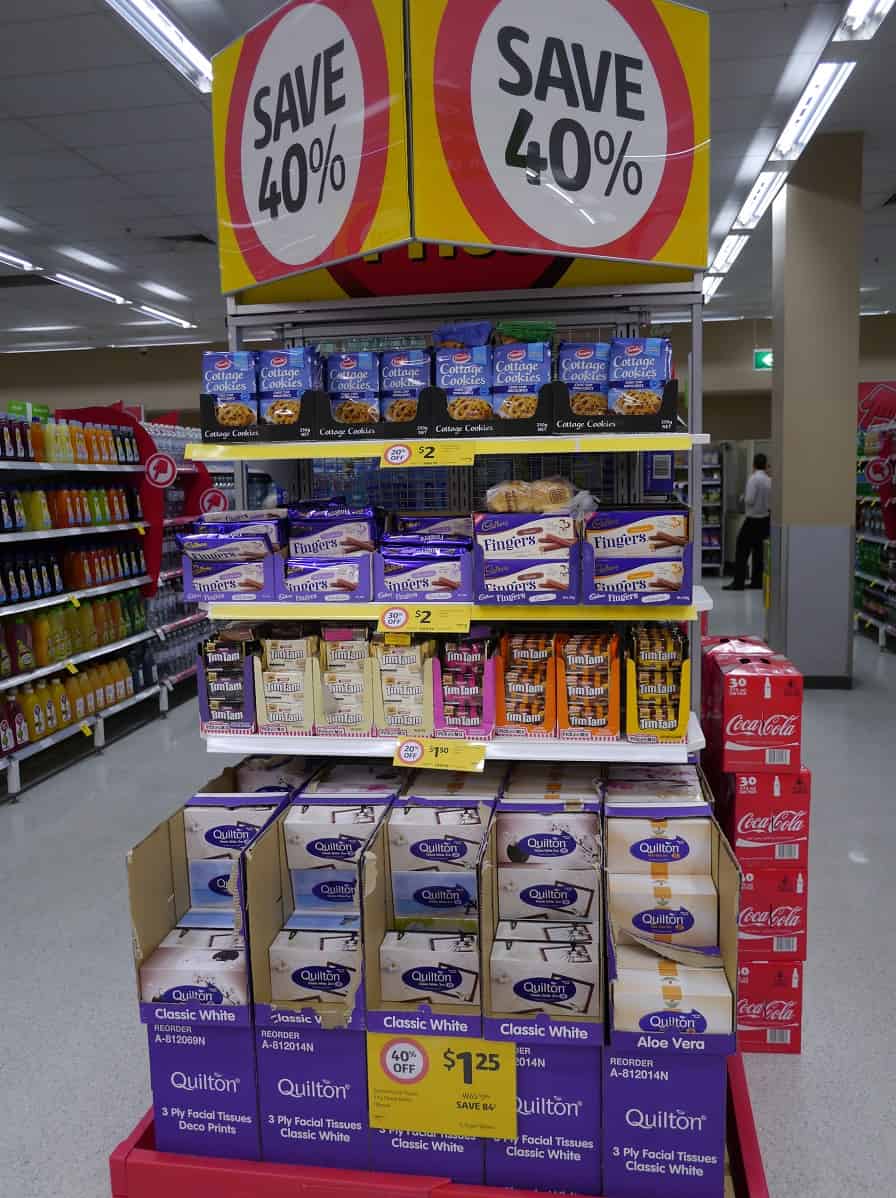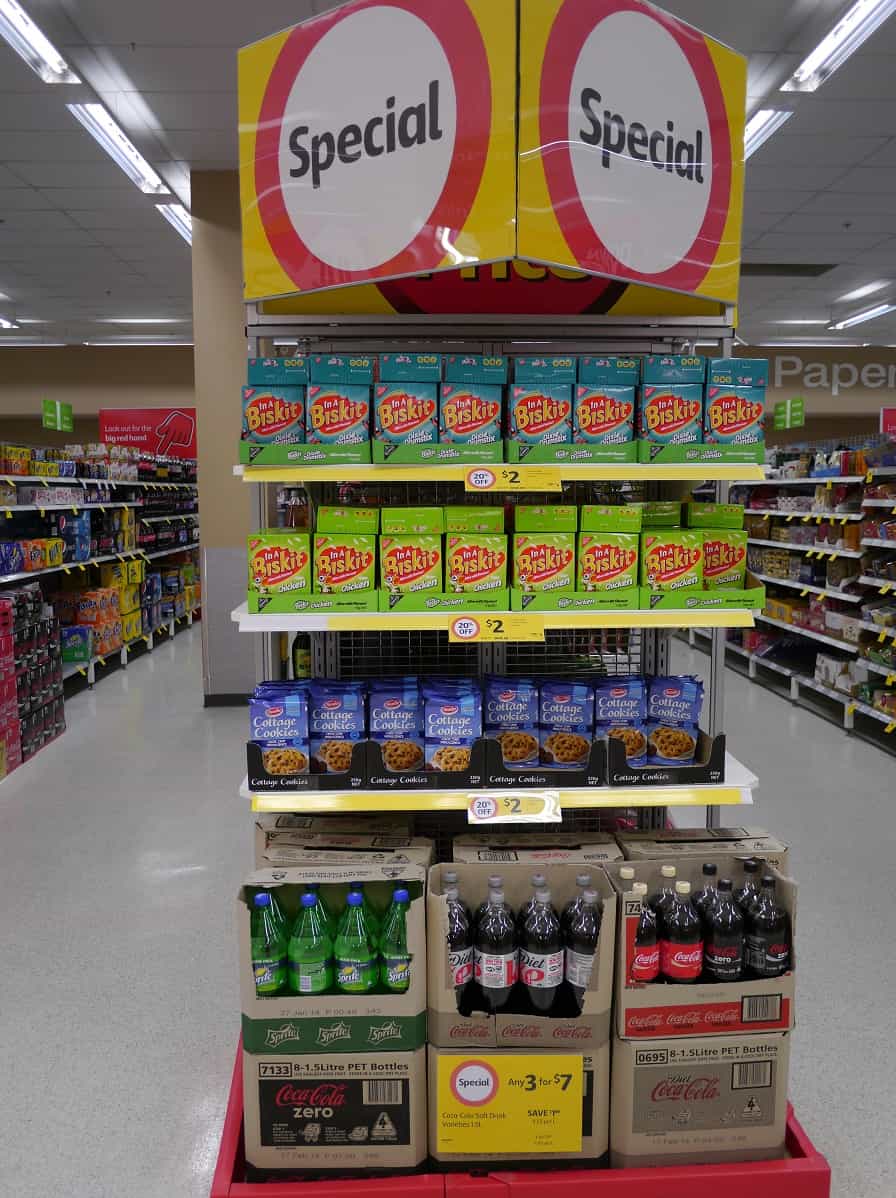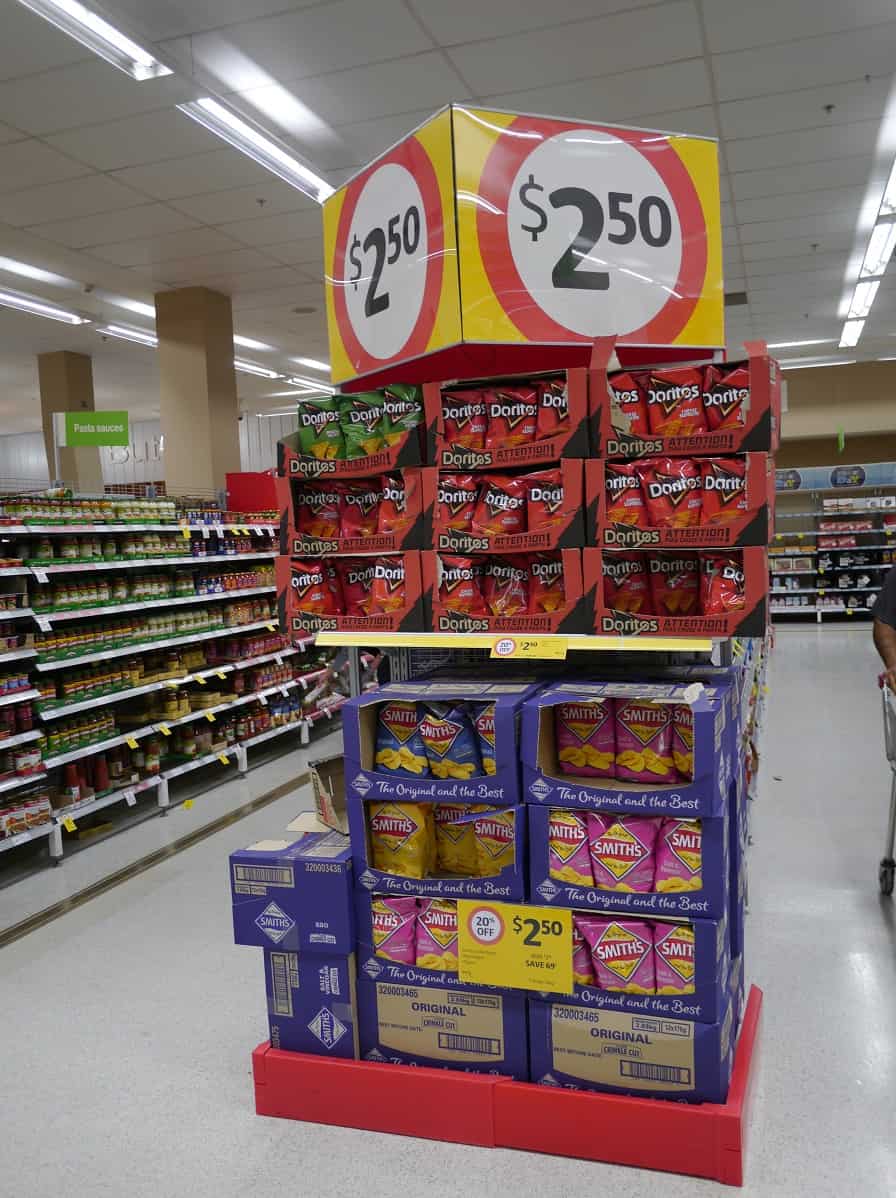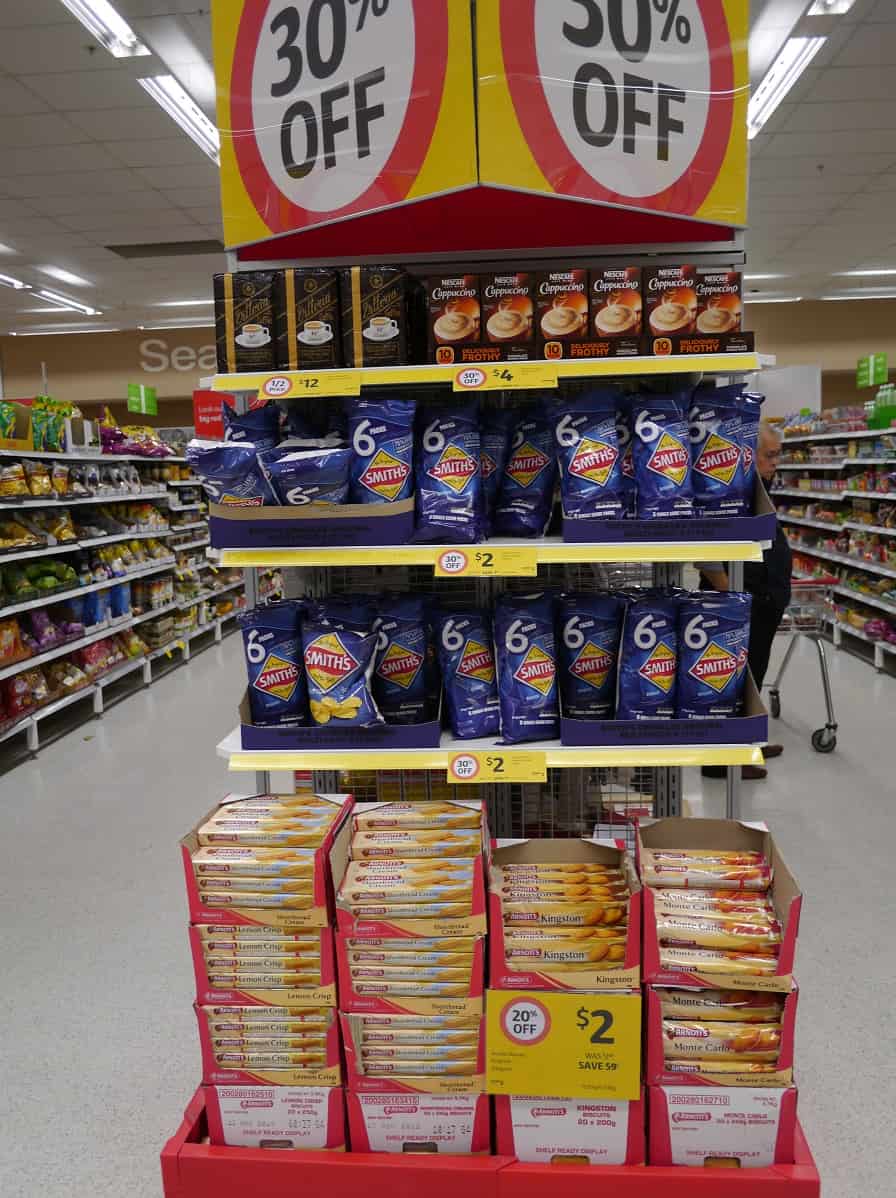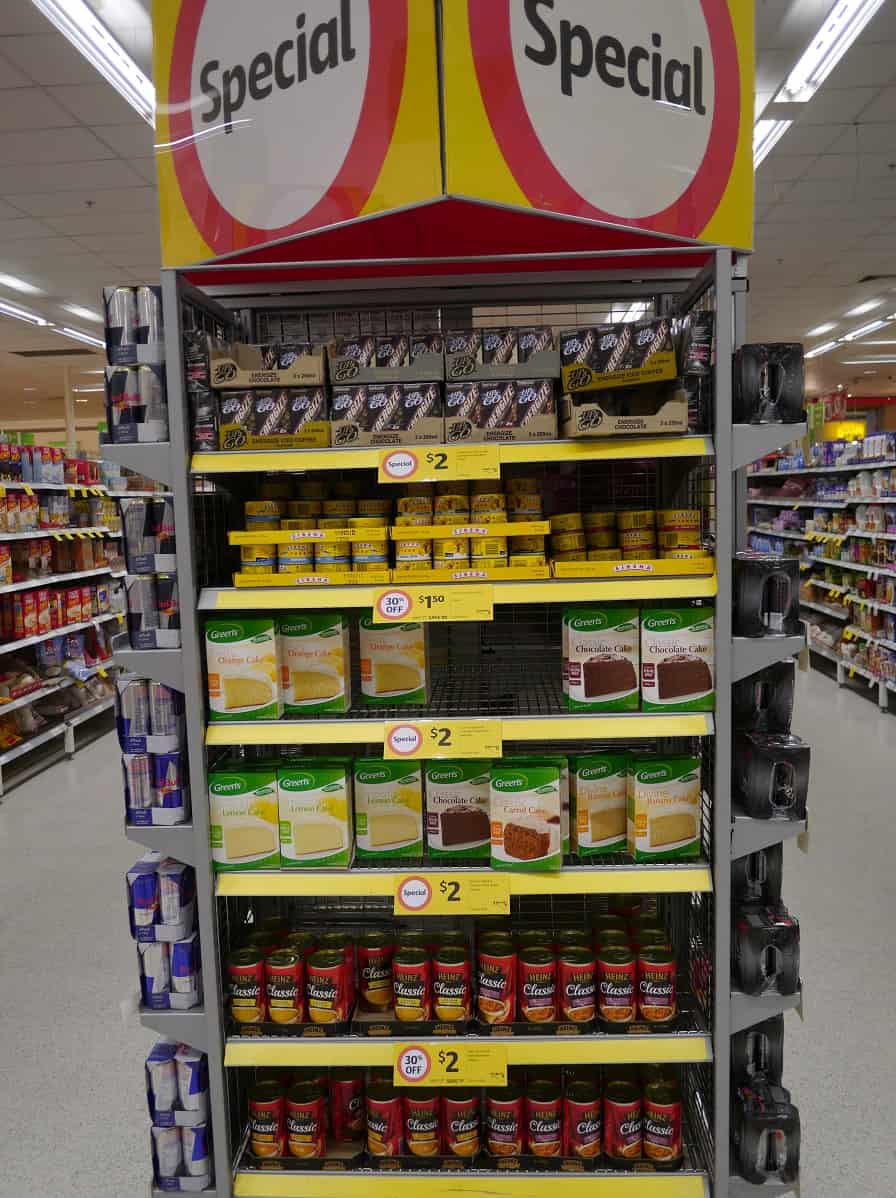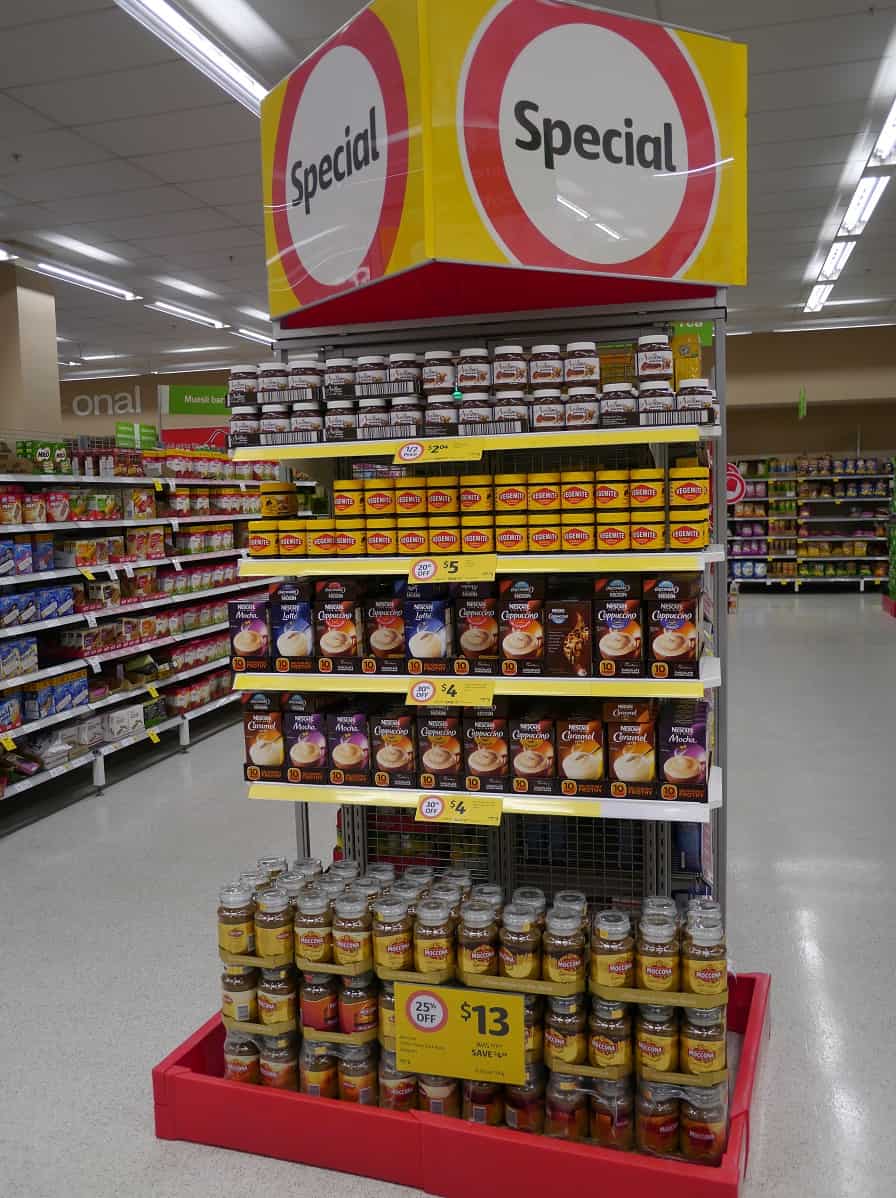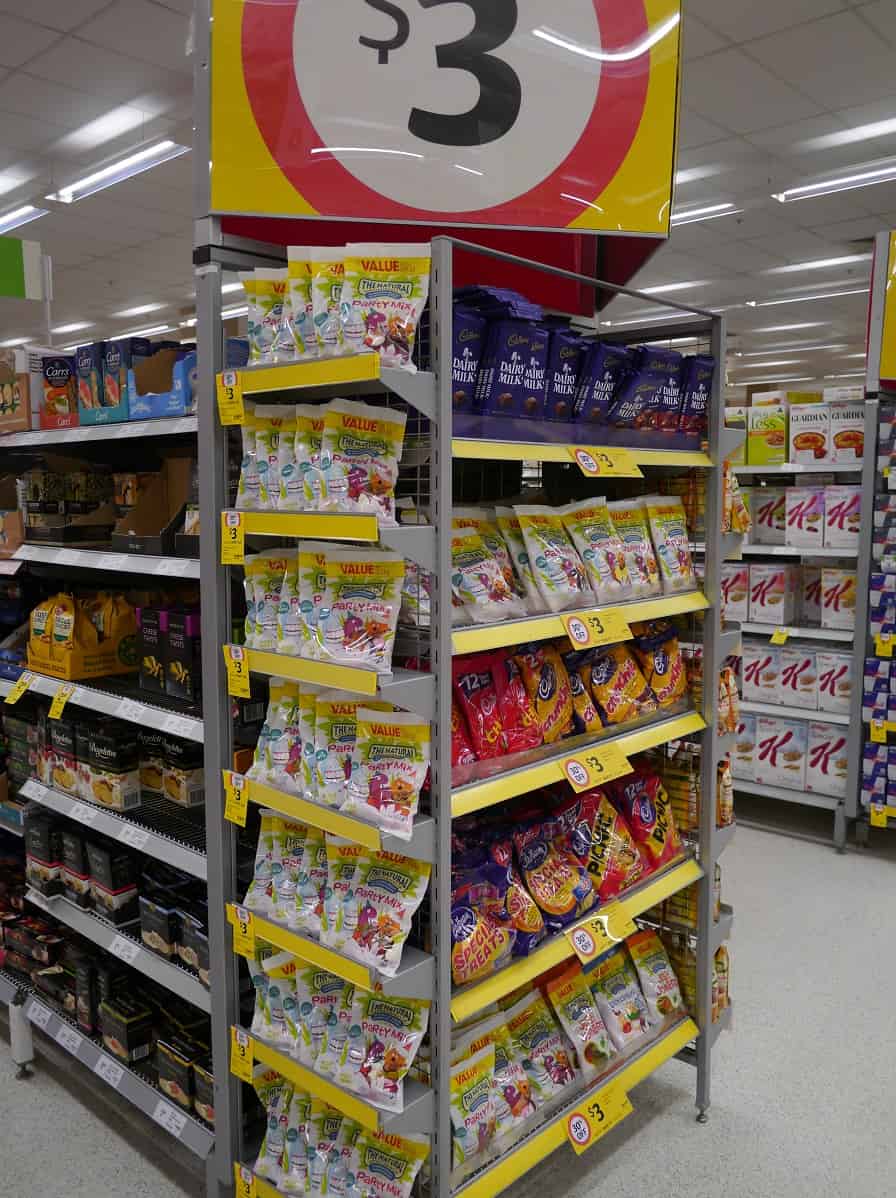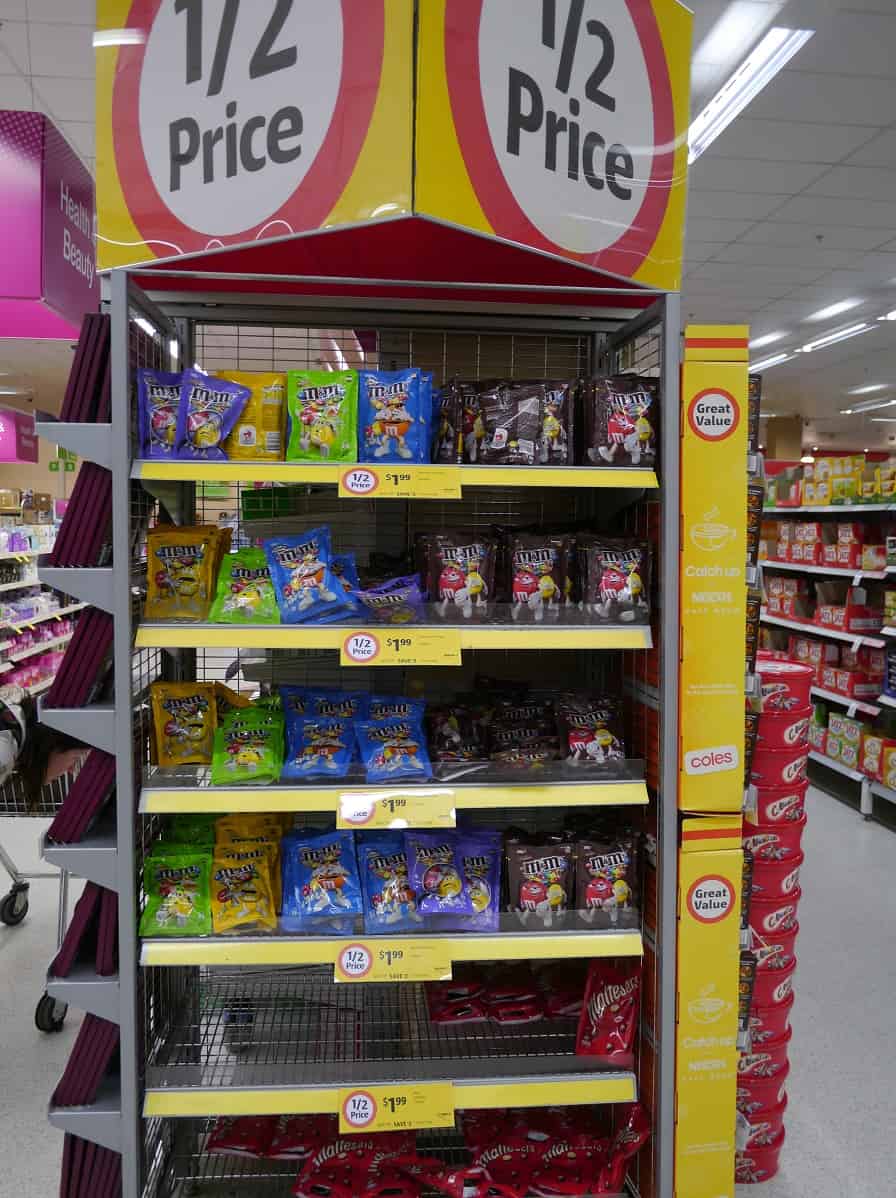How to Eat Clean
My last post was about clean eating, what it is and why it is so important. I thought I’d follow up with this post on how to eat clean… in the real world.
A lot of clean eating guidelines just aren’t practical. In an ideal world, we wouldn’t be filling up on cheap but nutritionally devoid foods like white rice, pasta and white bread that offer us no health benefits. In an ideal world, we’d all be buying fresh, seasonal produce by the trolley-load, drinking cold-pressed juice daily and we’d all be fantastic home cooks and bakers with limitless free time to spend on preparing the best meals we can. But we don’t all live in an ideal world, we live in a world where good quality food is expensive, time is at a premium and it seems much easier to grab a piece of toast and rush out of the door in the morning than it is to knock up a almond flour pancake stack with stewed fresh fruit and homemade yoghurt.
The good news is, there’s plenty of things we can do to make our diet cleaner, whether we’re short of money, or time, or even motivation. Here’s a few ideas.
Be Prepared to Spend a Little More
It is definitely possible to eat clean on a budget, but you will need to spend more than the bare minimum if you want to eat fresh, clean food. For people who are genuinely struggling to make ends meet, clean eating may not be a priority. But for most of us, we have a choice about what we spend our money on. For me, eating good quality food is more important than spending money on an expensive phone contract or a magazine subscription. Our food is our health insurance. (In fact, as someone without health insurance, it literally is my health insurance.) That’s not to say we need to spend a fortune. Spending a little bit more in the right places goes a long way.
Organic versus Non-Organic
Organic food isn’t a modern concept or a fancy premium product invented for the rich. It’s how our grandparents used to eat, before modern unsustainable practices took over in the quest for ever increasing yields and ever increasing profits. Organic food is better for us and for the planet, and if I could afford to, I would ensure all of the food I bought was organic. Who wants to eat pesticide residues?! However, it can be seriously expensive!
Eating clean means eating fruit and vegetables untainted by pesticides. Pesticide levels vary on conventional produce from plant to plant, so some are safer than others. For those of us on a budget, the US-based Environmental Working Group does a fantastic job each year of telling us which ones have the safest levels and which ones are the highest risk.
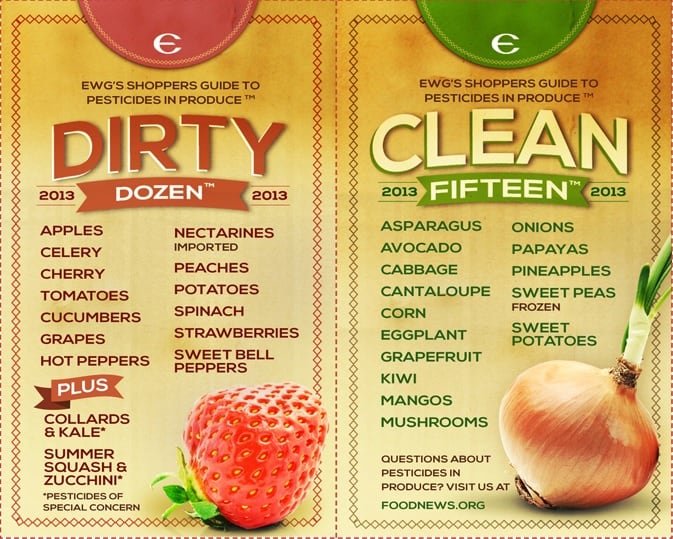 If you can’t afford to switch your entire shop to organic, try to switch the so-called dirty dozen (the ones containing the highest pesticide levels): apples, celery, cherry tomatoes, cucumbers, grapes, chillies, nectarines, peaches, potatoes, spinach, strawberries, bell peppers/capsicum, kale and courgette/zucchini. If you can’t afford to purchase organic at all, try to limit how many of these foods you consume per week.
If you can’t afford to switch your entire shop to organic, try to switch the so-called dirty dozen (the ones containing the highest pesticide levels): apples, celery, cherry tomatoes, cucumbers, grapes, chillies, nectarines, peaches, potatoes, spinach, strawberries, bell peppers/capsicum, kale and courgette/zucchini. If you can’t afford to purchase organic at all, try to limit how many of these foods you consume per week.
EWG found that people who ate conventional products daily from this list were ingesting 10 pesticides per day.
Ditch the Supermarket
Food should be exciting and inspiring! Supermarkets are soulless, depressing places… crowded, noisy and without natural light, where we are bombarded with “choice” yet can never find what we want. Yet, it is extremely easy to find all the processed overpackaged rubbish we don’t want – and no doubt it is on ‘special’ too. How many times do we buy things we don’t really want because we were seduced by the saving?! Special offers don’t mean money saved, they mean money spent. The best way to avoid temptation is not to shop there.
In supermarkets, fresh doesn’t mean fresh. They have huge centralised distribution centres so “fresh” produce spends days on the road and days more in storage before reaching the shelves. It’s picked before it’s ripe so it lasts longer, but this impacts the taste. To top it off, it’s usually far more expensive than you’d pay at a farmers market or local farm shop… especially organics.
If you really don’t have any option available to you other than your local supermarket, try to keep to the edges and avoid the middle aisles. When buying fruit and veg, to get an idea of what’s in season, look at the country of origin and choose local.
Buy Loose
If you want to save money (and reduce your packaging consumption) find a bulk store where food is sold by weight and priced by the kilo. Prices are usually far lower than the supermarkets, and no endless fiddly packets either. The range is also far greater. Items that often appear on the exotic world food aisles with their exotic prices in supermarkets are a fraction of the price at these stores.
 Shop Local
Shop Local
The Farmers’ Market is your friend. Fruit and vegetables are far fresher than those in the shops, they’re are seasonal, and far cheaper. Plus you can chat to the producers themselves! It’s not just fruit and veggies that you can pick up. Often there’s cheese, meat, fish, olive oil, eggs, bread and endless tasty wholesome treats to be had. Farmers Markets have a great atmosphere; they’re welcoming and relaxed, and make the whole shopping experience far more pleasurable. And that’s what food is about, right?
If you’re not a fan of the early rises that accompany Farmers Markets, let the shopping come to you! There’s plenty of local vegetable box schemes that deliver right to our doors, and they often deliver milk, eggs and grocery items too. If you lead a busy life, this can be a huge help, saving you time and energy. And if you’re really not a fan of grocery shopping and tend to put it off until you literally have nothing left to eat, a delivery scheme ensures your fridge stays full and you don’t need to resort to emergency pizza to fend off starvation.
When we buy our food, we are making a choice about our future. If we want to live the fullest lives we can, to achieve all the things that we want to do, and be there for our communities, our children and our grandchildren, then we need to look after ourselves.
If we don’t look after our bodies, where are we going to live?

